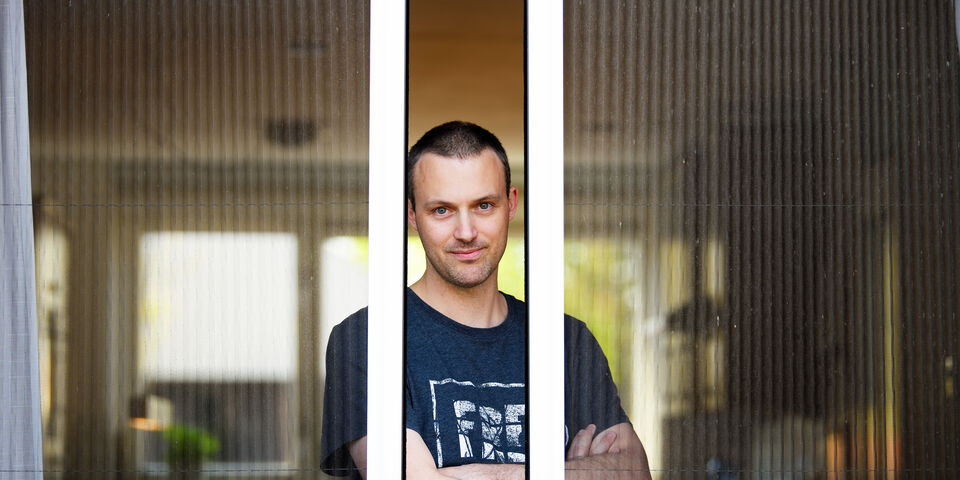What’s in a name?
On Tuesday of last week some of my colleagues took a dip in the Hofvijver, the pond next to the government buildings in The Hague. Their stunt was intended to draw attention to the huge pressure of work in higher education. I was among those invited to take part but I politely declined, which in view of the weather turned out to be the right decision.
Only some of the pressure of work can be solved by throwing money at it. Pressure of work among academic staff is often a perception. A feeling of working not with an organization but of battling against it. A feeling of doing a mass of things but none of them really well. A feeling that the guarantees given about your tenure track are valid only until the street corner. And a feeling that our education is delivered despite the context of TU/e not by virtue of this context.
If work pressure is to some extent a feeling, the primary focus in solving it must be on taking away that feeling. This you do by listening to people. By hearing the sticking points people encounter daily and, where possible, solving them. And it is that second step where we stumble and fall. As we certainly will when the solution runs counter to the educational philosophy of the Bachelor College or the Graduate School.
By way of example, some years ago I was speaking to our Rector about how I should deal with the huge numbers of students on my courses. At the time my own course on the master's was attracting some 150 students a year and I was teaching the course alone. It was evidently immensely popular on the campus; nearly half the students taking it weren't from my own department. This meant that many of students lacked the prior knowledge that was actually essential. In answer to the question how I should deal with this, he answered that I should seek a less appealing name for the course. That would undoubtedly draw fewer students.
This is one such moment when you don't feel heard. What's more, it also proved to be the wrong advice. You see, I changed the name of the course and this year I had 297 students. But these days the course is equipped to deal with this level of intake. The necessary prior knowledge has become part of the course at the expense of more sophisticated topics. Quantity over quality, you could say.
On the subject of work pressure, with a sinking feeling we are currently looking ahead to the new master's degree in Data Science and Artificial Intelligence. We are expecting 150 students, 20 percent more than we had calculated. So this means more supervision will be needed and there will be more marking of student work involved. This is one type of measurable work pressure that can indeed be solved with more money. And perhaps we should have given the new degree a different name. Artificial Intelligence and Data Science, for example. That might have put off some students.


Discussion